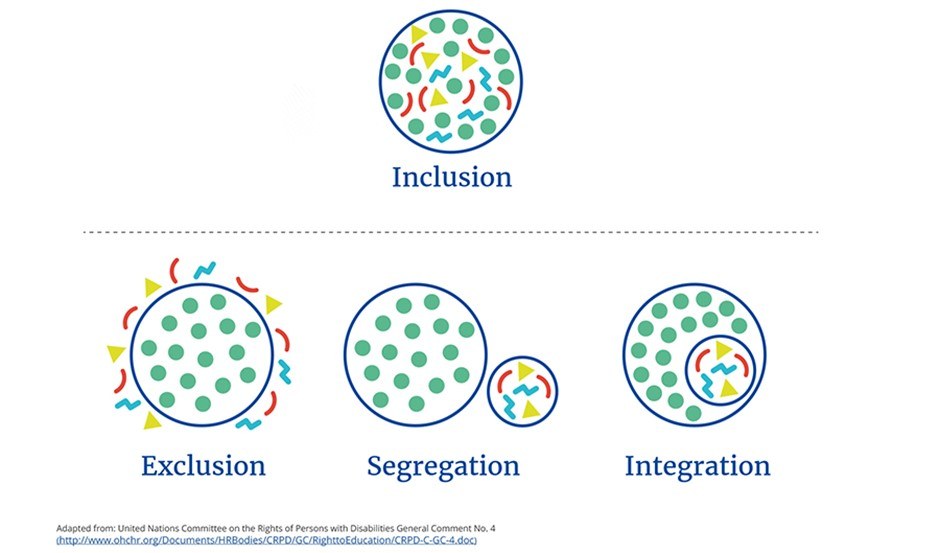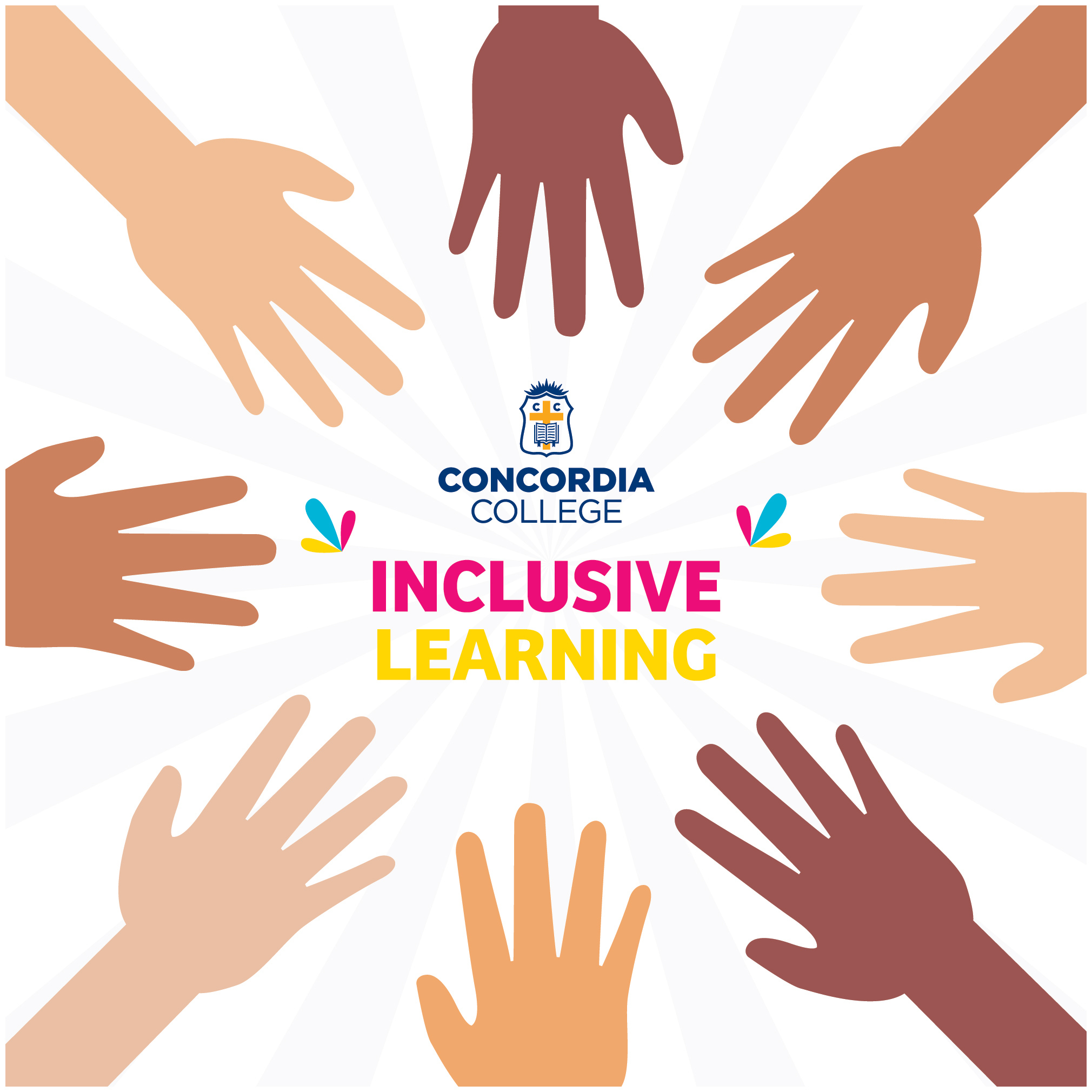Welcome to the new school year. It’s been wonderful to start the year without COVID-19 impeding opportunities to meet with people face to face and gather in large groups for Chapel, Assemblies and other school functions.
I’d like to introduce our Inclusive Learning team for 2023.
- Manda Wilson - Inclusive Learning Coordinator
(Leadership, coordination and support) - Emma Rieger - Extension and Enrichment R-12
- Alva Barton - Year 7 and 8 Inclusive Learning Teacher
- Lauren Bone - Year 9 and 10 Inclusive Learning Teacher
- Manda Wilson - Year 11 and 12 Inclusive Learning Teacher
- Sian Lloyd - Specific student support
Inclusion in Education
This year we are working to further develop and improve our inclusive practice to support the varied needs of all students. Students experience inclusive education when they can access and fully participate in learning, alongside their similar-aged peers, supported by reasonable adjustments and teaching strategies tailored to meet their individual needs. Inclusion is embedded in all aspects of school life, and is supported by culture, policies and everyday practices. It is a legally supported, evidence-based way of delivering education that recognises the individual characteristics of all students and respects the right of every child to be a part of their learning community.
Inclusion IS:
- all students included in the general education classroom all day, every day;
- all students working in a naturally supportive environment with flexible structures and groupings with other students regardless of individual ability;
- all students presumed competent;
- students are supported (where needed, such as through curriculum adaptations, reasonable adjustment and differentiated teaching) to access the core curriculum;
- all students are known and valued as full members of the school community, developing meaningful social relationships with peers and able to participate in all aspects of the life of the school.
Inclusion IS NOT:
- segregation of students with disability in "special" schools, units or classrooms;
- students only being allowed to participate in the general education classroom if they are “keeping up”– this includes:
- frequent “pull-outs”;
- working separately in a corner of the classroom with the education assistant while the teacher instructs the rest of the class; or
- students being given a separate “special curriculum” or “program” (as opposed to being supported where needed, including through curricular adjustments, to access the same core curriculum); or
- demonstrating independence or self-sufficiency as a condition of entry.

The Inclusive Learning teacher's main role is to support the classroom teacher in enabling students with disability to access and participate in the curriculum on the same basis as their similar-aged peers. We liaise with parents, classroom teachers and therapists to ensure the educational priorities for students with disability are met. We assist teachers in the provision of resources, create differentiated curriculum plans and share strategies to enable teachers to work effectively with students with identified needs. We also engage with students to ensure their learning needs are met, to create Student Support Plans and provide additional intervention in collaboration with their class teacher.
If you have any questions or concerns about your child’s learning needs, please contact the Inclusive Learning teacher for your year level.
We look forward to working with you and your child to ensure they have a successful year.
Manda Wilson
Inclusive Learning Coordinator (Years 7-12)


